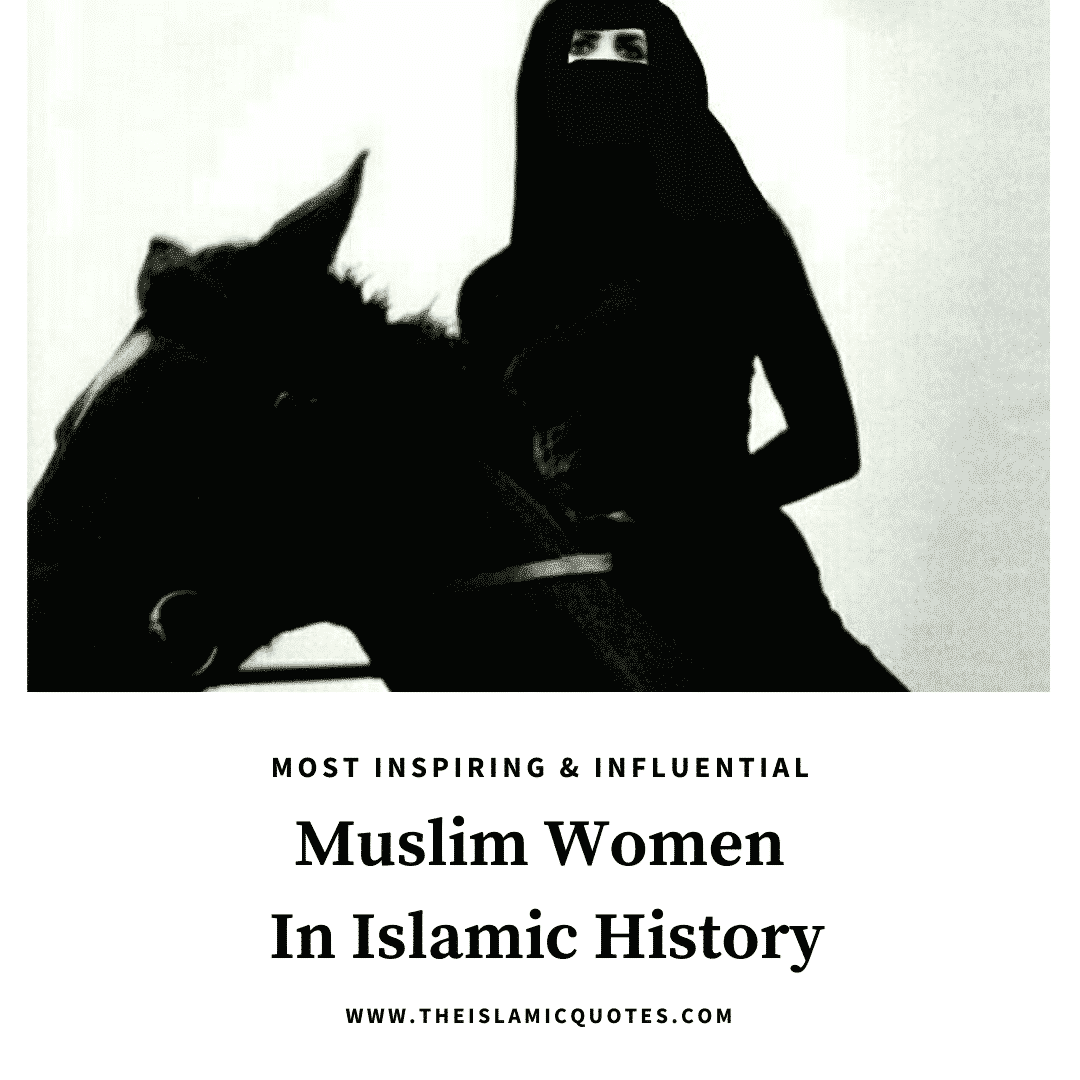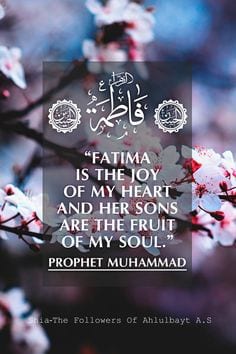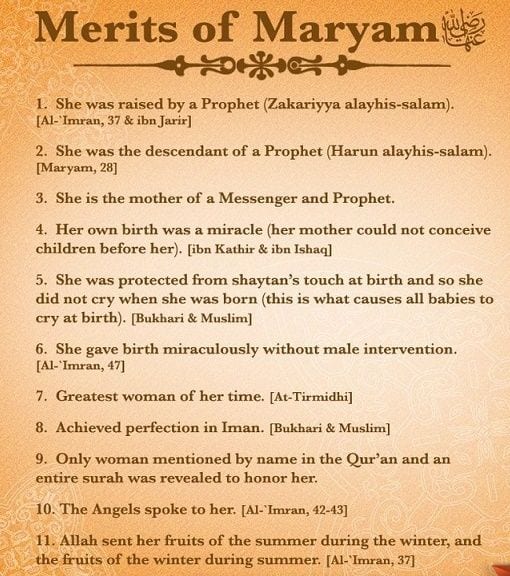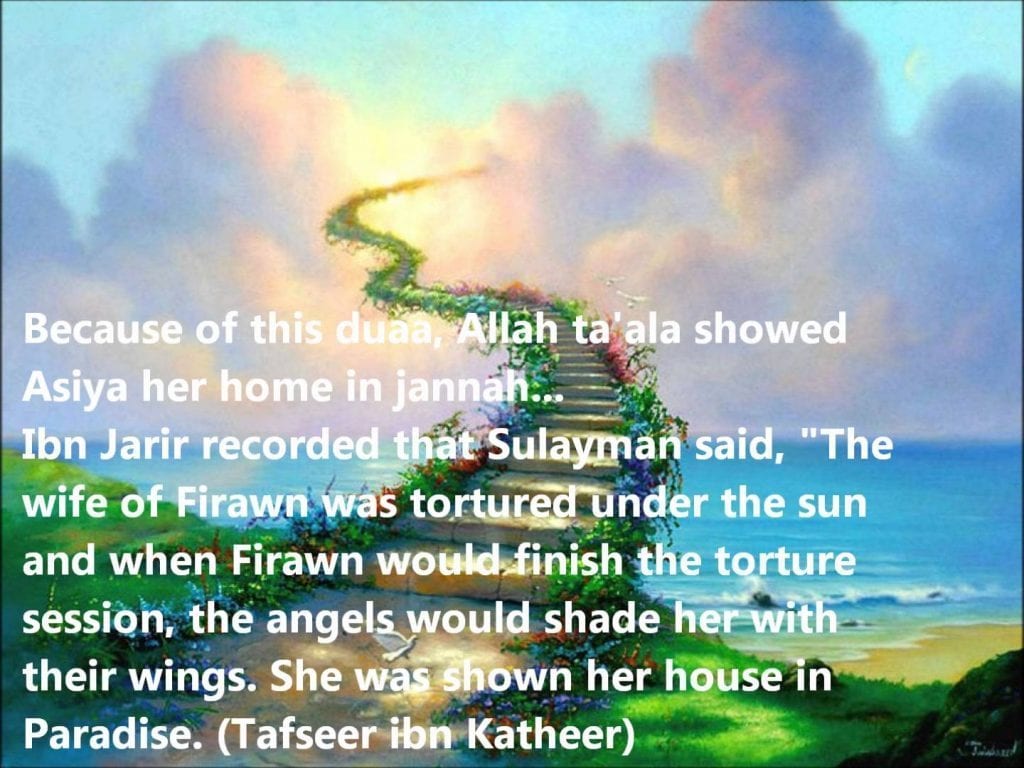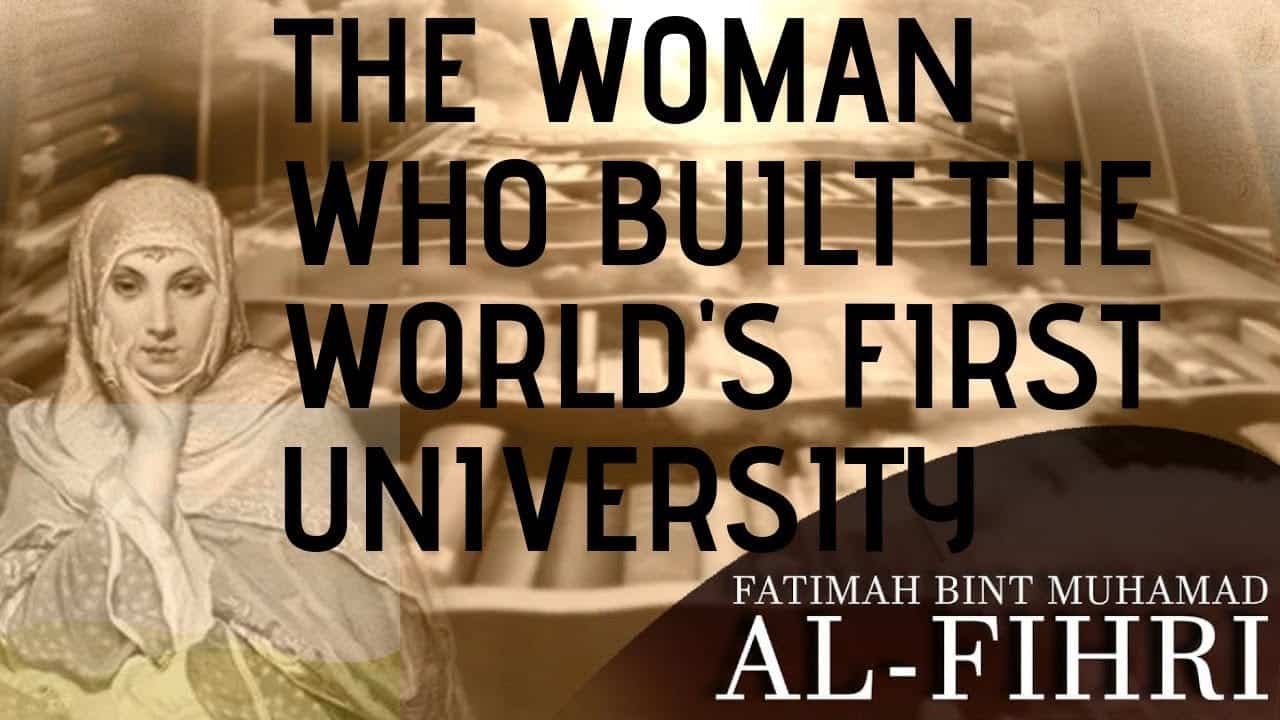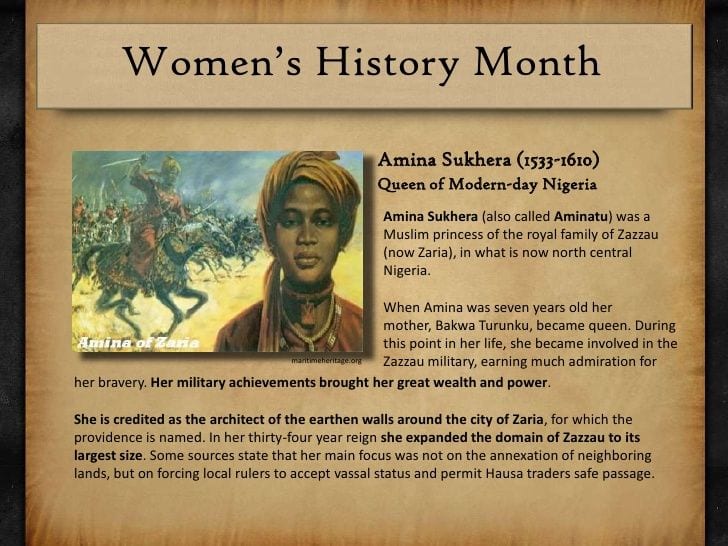Greatest Women in Islamic History. Even though in recent years we have only seen bad publicity about Islam, the fact remains that Islam has produced a great number of scholars, philosophers, and inventors for the world to benefit from. And these great people have been high up not only in their ingenuity and bravery but also in their faith.
The world has heard about and reveres Mawlana Rumi, the great Persian philosopher and poet, even if they dissociate him from his Muslim identity. The world knows about Ibn e Sina – the great polymath of various fields – even if they call him by his English name, Avicenna. But that’s just the men. Who are the Muslim women who have made their name in the world? Does Islam even acknowledge contributions made by women or is the Western world correct in assuming that women are a downtrodden class in Muslim society? The truth is that Islam only classifies according to faith. It doesn’t matter who is of the so-called ‘superior’ gender; if the person has a high level of faith, then that person is the greater human – be it a man or a woman.
Who Are The Greatest Women In Islamic History?
We have compiled a list of the greatest and most influential women in Islamic history. Their contributions range from scholarly inputs to increasing and supporting their faith. Have a look. We’re sure you will be impressed.
The list below is in no particular order. But one thing is for sure – women’s contributions are no less than men’s.
- Khadijah bint Khuwaylid
- Aisha bint Abi Bakr
- Fatimah bint Muhammad Rasulullah
- Maryam bint Imran
- Asia, wife of Firaun
- Sumayyah bint Khayyat
- Nafisa bint Al-Hassan
- Hafsa bint Umar Al-Khattab
- Fatima Al-Fihri
- Queen Amina of Zaria
Khadijah bint Khuwaylid
Khadijah bint Khuwaylid was the first wife of the Prophet SAW and the ‘Mother of the Believers’. She was the first woman to convert to Islam and has the rare honor of salam being sent to her by Allah SWT. She was a beautiful woman and very wealthy before Islam and placed all her wealth at the disposal of her husband, Prophet Muhammad SAW. A strong example of a devoted wife and mother, she was the only woman whose children with Rasulullah SAW survived. She is known as one of the four greatest women of Islam and was deeply loved and respected by her husband, the Messenger of Allah, who got tears in his eyes at the mention of her name, even years after her death.
Aisha bint Abi Bakr
Aisha was the daughter of the Prophet’s closest friend, Abu Bakr. She was the most beloved wife to the Prophet Muhammad SAW after the death of his first wife. His marriage to her was foretold to the Prophet SAW in a dream and she was the youngest wife of the Messenger. She remained with him until his death when she was just 18 years old, and she had 9 years of close proximity with the Messenger during which she learned so much that senior companions used to come to her for advice and consultation regarding religious matters. She is the woman who narrated the most ahadith and her knowledge of jurisprudence, hadith, and herbal medicine was unparalleled. She had the honor of her innocence and chastity being proven in the Qur’an for all time to come after a false scandal. She remains a role model for women of all ages to this day and was a woman of immense knowledge and devotion.
Fatima bint Muhammad Rasulullah
She was the youngest daughter of the Prophet Muhammad SAW. Her childhood was spent learning theology and character from her father and she was witness to some of the hardest days of early Islam, including a time when she had to rescue her father from the evil actions of the Quraysh – some disbelievers threw camel guts over the neck of the Prophet SAW while he was praying and Fatima was the one who rushed to remove them from her father’s neck. The Messenger of Allah used to stand up and spread his sheet for her in welcome. He is reported to have said, “Fatima is from me and I am from Fatima.” Fatima is also referred to as one of the four greatest women in Islam and her father-daughter relationship with the Prophet SAW is exemplary.
Maryam bint Imran
She was the mother of the Prophet Isa (Jesus) and miraculously gave birth to him while still being a virgin. Allah has called her His devoted slave in the Qur’an and she is one of the four greatest women in Islam and the wife-to-be of the Prophet SAW in Jannah. When Maryam was about to be born, her mother pledged her to the local house of worship when it was custom to pledge a boy. She was surprised to see that a girl was born but, nevertheless, sent her to church and Maryam became a believer of such firm faith and devotion that Allah said in the Qur’an that a boy child would never have been like the girl child.
Asia, wife of Firaun
She was the wife of the Pharoah (Firaun) of Egypt during the time of the Prophet Musa (Moses). She secretly accepted Musa as the prophet of Allah and Allah’s Divinity which, when her husband found out, angered him to such an extent that he ordered his own wife to be tortured. She was nailed to the ground in a merciless attempt to make her renounce her faith but she stuck firm to the message of Allah and prayed what is now a very famous dua, “O My Lord, build for me a house near You in Paradise.”
Sumayyah bint Khayyat
She is most famously known as the first female martyr in Islam and an epitome of bravery and devotion. She was married to Yasir ibn Amir and their family was one of the first that converted to Islam. Sumayyah had been born a slave and was later freed but she was still seen as a weak target by the Quraysh of her time and was tortured until she gave up her faith. Refusing to do so, she was martyred by the Quraysh leader, Abu Jahl. Many, many lives have been touched by her sacrifice and her life just goes to show that it is not only men who display courage in the face of tyranny.
Nafisa bint Al-Hassan
One of the great Muslim scholars, Nafisa bint Al-Hassan was the granddaughter of the Prophet Muhammad SAW. She was known for her devotion to Allah and her intelligence; she even has a mosque in Cairo named after her. People traveled far and wide to learn from her and she was the teacher of two of the most famous scholars of Muslim scholarly tradition: Imam Al-Shafi’i and Imam Ahmad ibn Hanbal. It is no wonder that she was an expert in Islamic jurisprudence. She memorized the Qur’an at an early age and also many ahadith. She is a fine example of the importance of women in education and scholarship.
Hafsa bint Umar Al-Khattab
She was the daughter of the companion, Umar ibn Al-Khattab, and the wife of the Prophet SAW. She has the honor of memorizing the Qur’an when there was still no written text. This act inspired many other women to memorize the Qur’an also and she was given the first written copy of the Qur’an (Mushaf e Hafsa) for safekeeping during the caliphate of Usman ibn Affan while a standardized copy of the Qur’an was being made. She is credited with the protection of the Holy Book for all future generations. She has narrated around 60 ahadith and was a woman of great nobility and virtue. She got along well with the other wives of the Prophet SAW.
Fatima Al-Fihri
Fatima Al-Fihri was a scholar of her time. She migrated to Tunisia from Qayrawan with her father and grew up in an educated household. She was very learned in Islamic jurisprudence and hadith tradition and used her inheritance to build a mosque for her community. This mosque had what is supposed to be the world’s first university, and people came from near and far to study Islamic sciences, astrology, and languages. The Arabic numeric system was known and spread around the world through this very mosque.
Queen Amina of Zaria
In the sub-Saharan desert, there were many women who excelled in different fields during the Muslim civilization. One of these women was Queen Amina of Zaria, the oldest daughter of Bakwa Turunku who founded the Zazzau Kingdom in 1556 and it was as his heir that Amina became queen in 1589. Even though her reign lasted only one year, she was a power to behold and was known for her brilliance in military strategy. She led many military exploits and erected huge walled camos using her knowledge of engineering. She is also credited with building the Zaria wall. Not many Muslim queens have held such strong positions nor credited with such brilliant achievements as Queen Amina.

